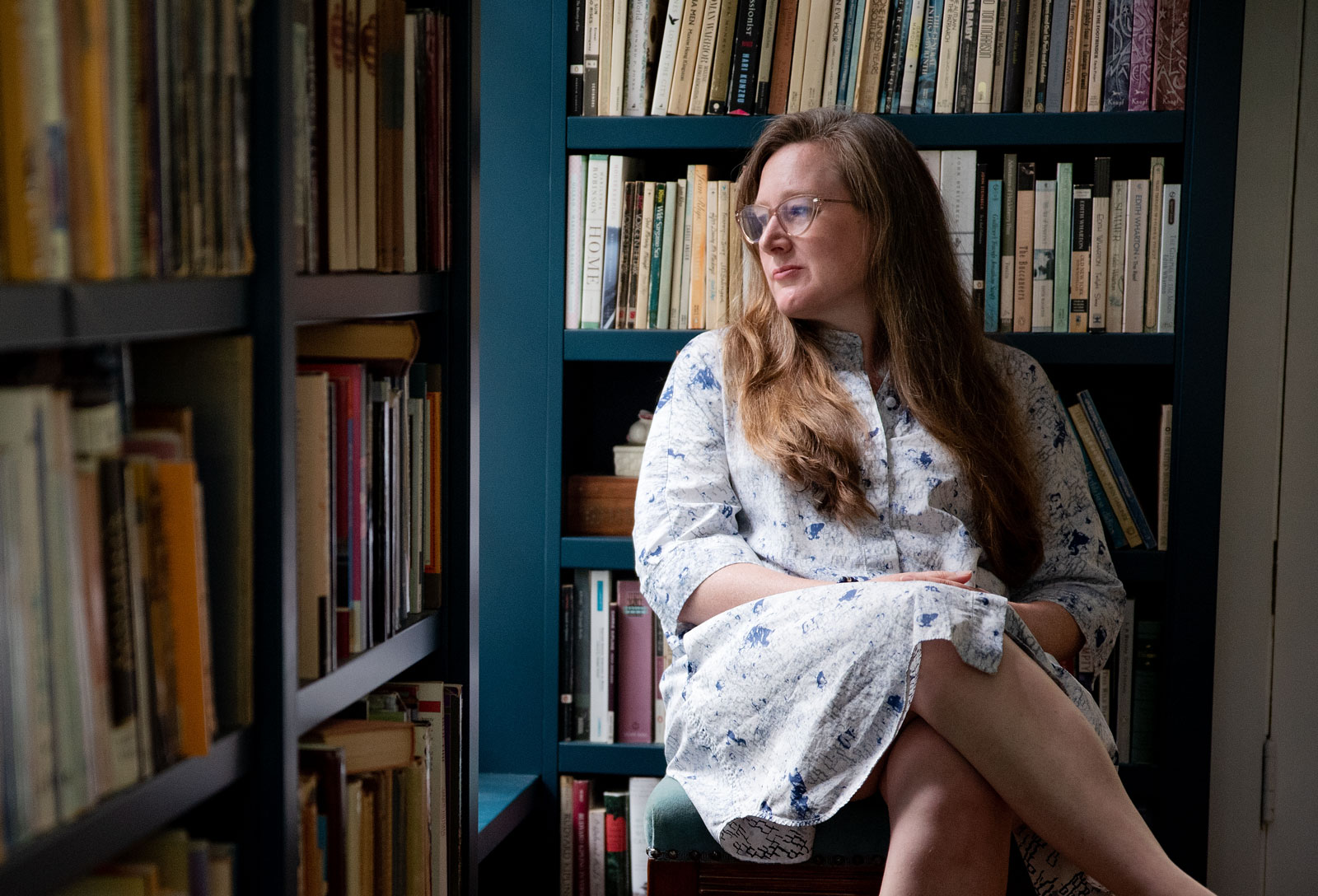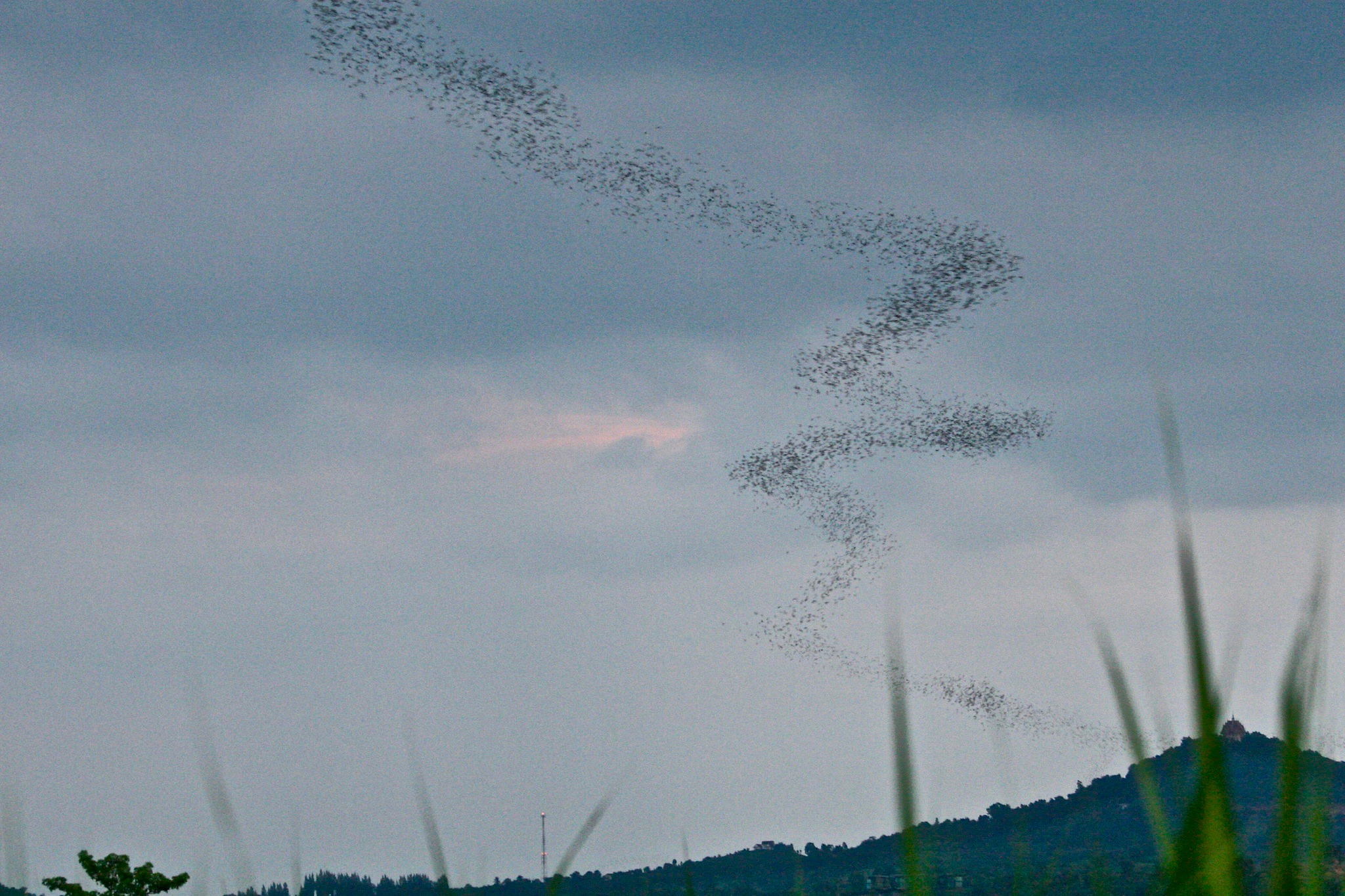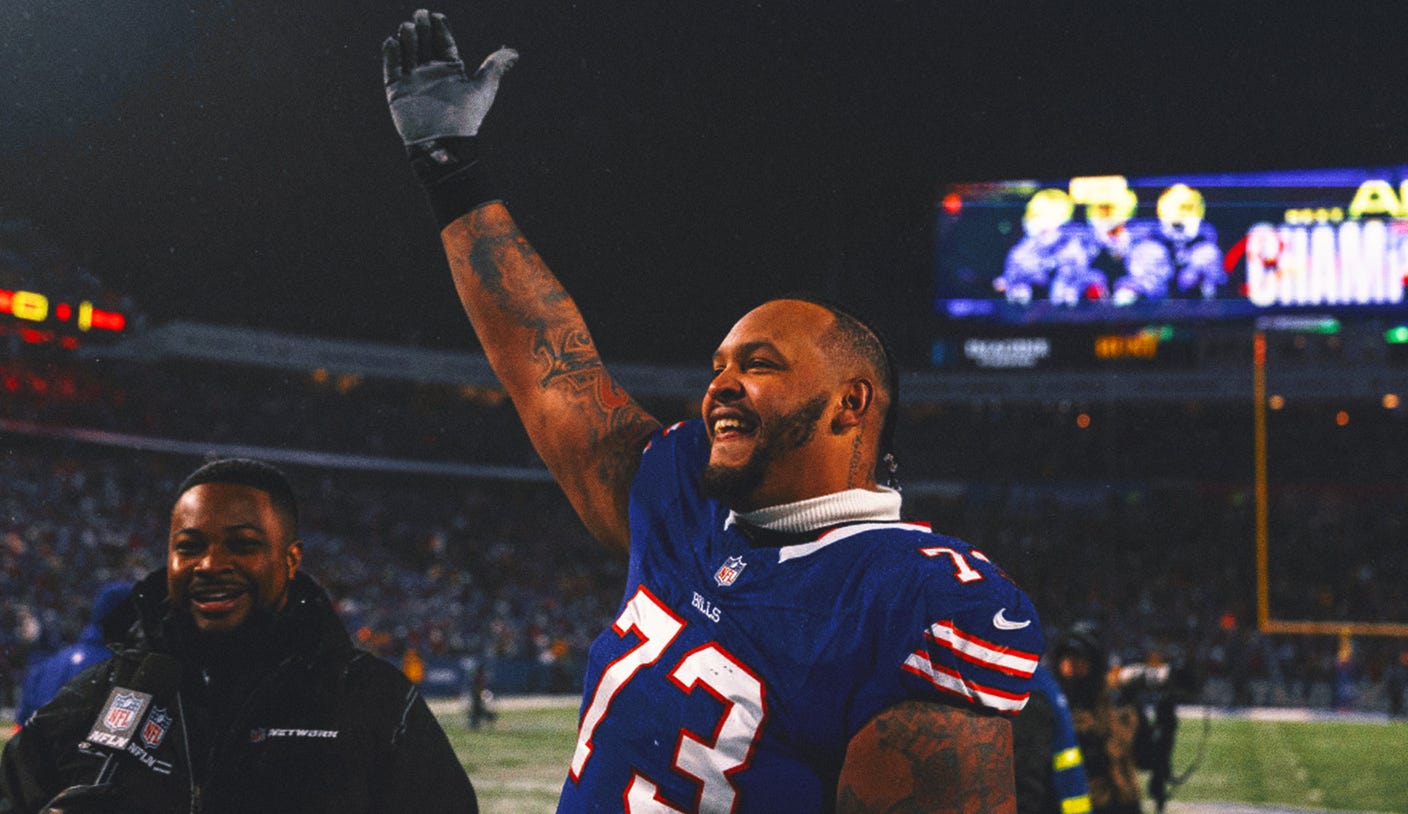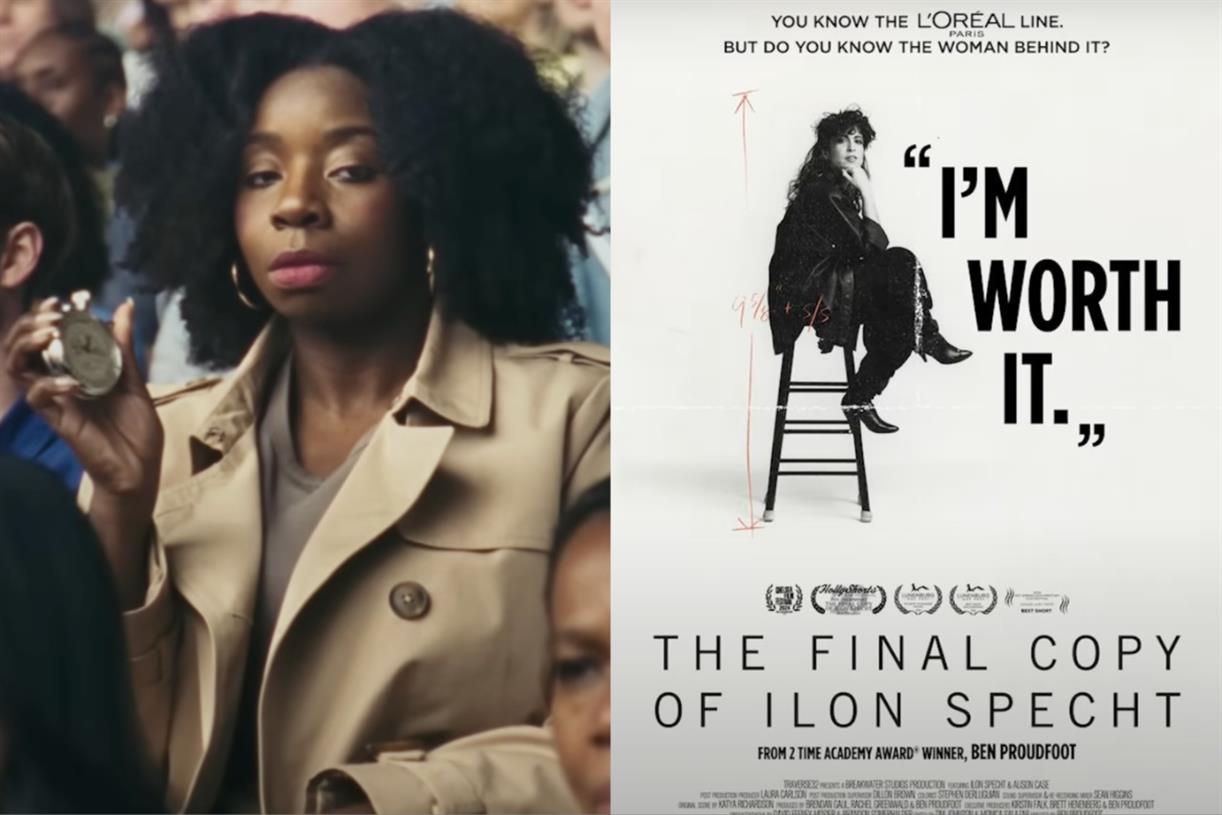The Wisdom of The Bear
Harry Um on what one blockbuster television show teaches us about dedication and perfection, grief and love. The post The Wisdom of The Bear appeared first on Lion’s Roar.
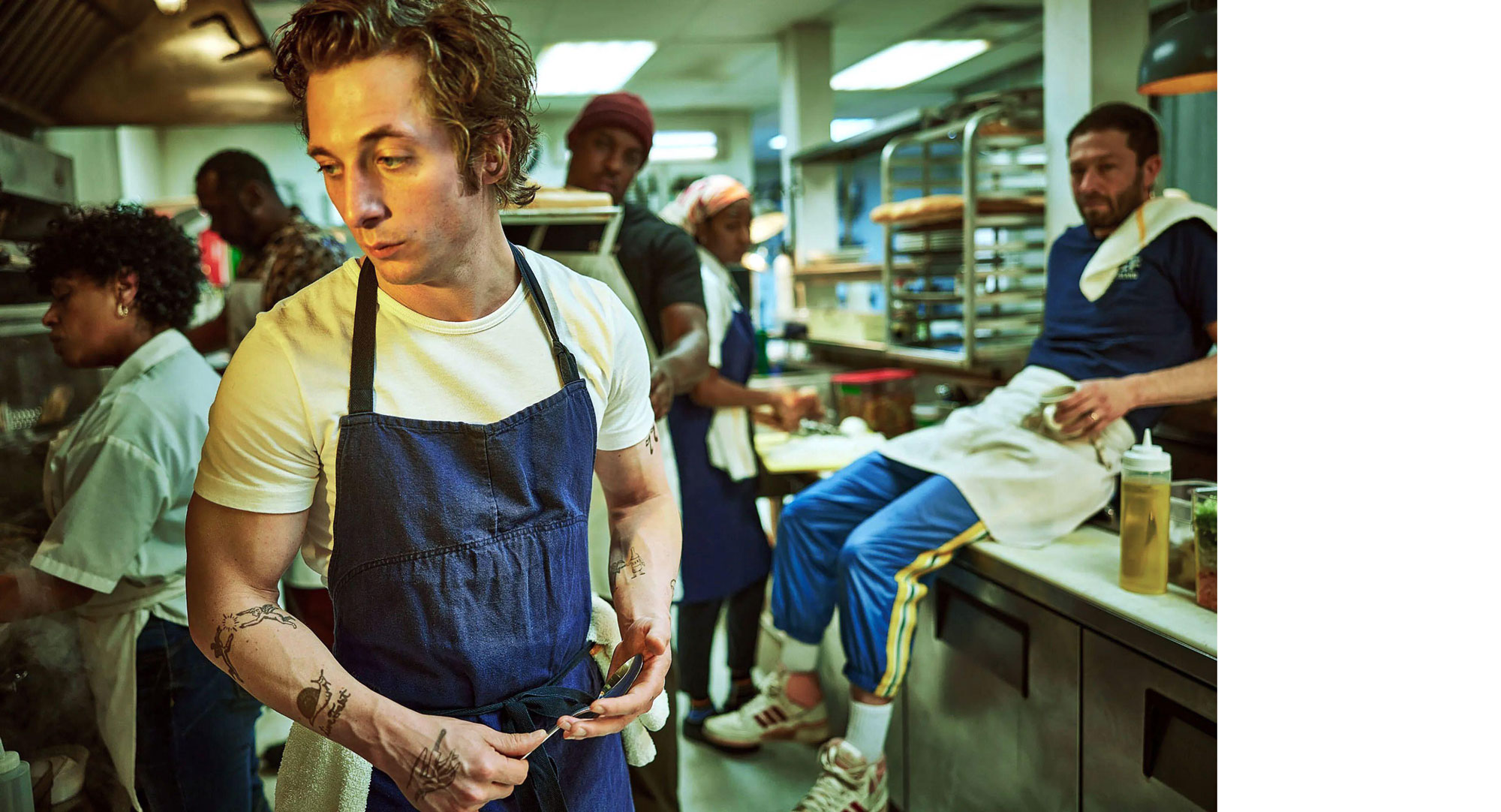
The Bear is a popular and acclaimed television series that’s currently in the running for most of the major categories at the upcoming 2024 Primetime Emmy awards. It’s the story of an ambitious chef who takes over his family’s sandwich shop. It is also a story about the dharma, even if it was not intended to be.
The main character, Carmy (Jeremy Allen White), is a talented cook who trained in New York and Europe with some of the finest chefs in the world. When Carmy returns to his hometown of Chicago to rescue the family’s failing restaurant, he implements a traditional kitchen hierarchy in an attempt to restore order. Ironically, chaos and hijinks ensue.
There are some parallels between Carmy and the thirteenth-century philosopher, Dogen Zenji, who founded the Soto school of Zen. Dogen was also an experienced and dedicated practitioner of his craft. He too traveled abroad (to China) to study under learned masters before returning home to train his local students. In 1237, after returning home, Dogen wrote the Tenzo Kyokun, an essay which is usually translated as Instructions to the Cook. While it is literally about how to run a monastery kitchen, it can also be read as a guide to life.
In the Tenzo Kyokun, Dogen exhorts his readers to take the kitchen seriously and to “protect the property of the monastery; it is your eyeball.” There is a scene in The Bear that illustrates these words. Carmy himself, the former head chef of a Michelin-starred restaurant, is shown on his knees scrubbing the floor with his bare hands and a rag—indicating how dedicated he is to protecting his kitchen.
Through flashbacks, we learn that Carmy was taught by a mentor to “subtract” from his dishes, echoing the prominent Zen teacher, Kodo Sawaki Roshi, who famously said that “loss is enlightenment.” Through this experience, Carmy begins to equate excellence with minimalist perfection, and he presumes that achieving it will bring him peace of mind.
Along the way, Carmy tries to grow into his role as a leader and impart knowledge to his followers, as Dogen once did. For example, Carmy sends Richie, his wayward friend and an occasional drug-dealer, to another restaurant to teach him a lesson about attention to detail. Richie initially resists but eventually comes to value the importance of polishing each fork in the restaurant with care, recalling Dogen’s advice in the Tenzo Kyokun that even “lifting a single blade of grass builds a shrine.”
Carmy’s single-mindedness proves to be contagious, and multiple characters end up harboring some kind of single-minded obsession: with donuts, risotto, etc. But the obsessions often lead to conflicts, as each staff member has their own agenda. These conflicts multiply into more chaos and suffering. In a way, each of The Bear’s characters can be seen as a personified aspect of “monkey mind.” They’re all running around carelessly, bouncing off of each other like so many thoughts in our heads.
It is useful here to consider the words of Kosho Uchiyama Roshi, a Zen priest who wrote a commentary on the Tenzo Kyokun titled Jinsei Ryori no Hon, or How to Cook Your Life. He cautions that “If we fall into hell, then we need to resolve to see the hell that is our home.”
How many of us have treated our practice as some misguided pursuit of perfection at one time or another? How many of us have sought discovery or knowledge, or success and recognition, at the expense of our relationships? In other words, how many of us have a bit of Carmy in us?
For all our enthusiasm, it can be easy to misunderstand Dogen’s meaning, or to take it to an unintended extreme. Uchiyami reminds us that blind faith and devotion can lead to “the stifling of life as a whole.” The Bear’s staff are constantly walking the fine line between dedication and perfection, and Carmy is driven by a belief that success will give meaning to his life. In the Season 2 finale, for example, he’s so bent on having a perfect opening night that he ends up sacrificing his love life in a moment of panicked frustration.
As the show progresses, Carmy inches further and further toward the brink. In one episode, he devises a list of “non-negotiables,” including the requirement that a menu never use the same ingredient twice. He believes this list will distinguish his restaurant, but it ultimately strains his relationship with his staff, who are already overwhelmed.
Dogen cautions against clinging to anything impermanent, including rigid ideals that “disappear quickly like foam on water or the windblown flame of a candle.” He also talks about being led by “variously tainted Zen,” meaning, ideals which leave us incapable of managing our own lives. Uchiyama, too, thoughtfully wonders, “What are the activities of true adults in the world today?”
In one scene, a rare moment of calm, Carmy and his sous-chef Sydney agree to use the American Sign Language gesture for “I’m sorry” whenever their communication breaks down—which is often. The gesture doesn’t necessarily resolve the conflicts between them, but it is a fleeting and beautiful expression of two people, in relation to each other, being “true adults in the world.”
It is worth remembering that much of Carmy’s behavior is informed by layers of trauma—his mother’s mental health problems, his brother’s suicide, his abusive mentor, etc. So, it is understandable (though not excusable) that he would transmit his issues to everyone around him. In this sense, The Bear can be understood as a story of grief. Carmy’s drive to make the restaurant succeed is rooted in a deeper quest to make meaning of his family’s pain. He pours himself into his work to compensate for everything he has endured,but it doesn’t work. His demons end up finding a way to torment him and everyone involved. So, this is where his true path lies: toward grief, which is at its core the struggle to meet pain with compassion.
It is said that Dogen, too, was motivated by grief. In fact, he apparently decided to become a monk as a way to cope with his mother’s death, and he was “possessed” by his practice early in his career. It seems clear now that the key to healing grief is to do it with community, not at the expense of it. So, in the chaotic kitchens of our minds, with our communities being the entrees, each member is an ingredient to be treated with utmost care. Of course, this is easier said than done, and Carmy and Sydney mess up all the time. Yet still they try, rubbing their chests to say “I’m sorry” when they can remember to do so. As Uchiyama reminds us, “It’s not reading the Tenzo Kyokun that is difficult, it is doing the Tenzo Kyokun that takes all you’ve got!”

Harry Um is a therapist and social worker in Los Angeles, California. He practices regularly at the Dharma Zen Center and with the Dharma Homies.

 Astrong
Astrong 









